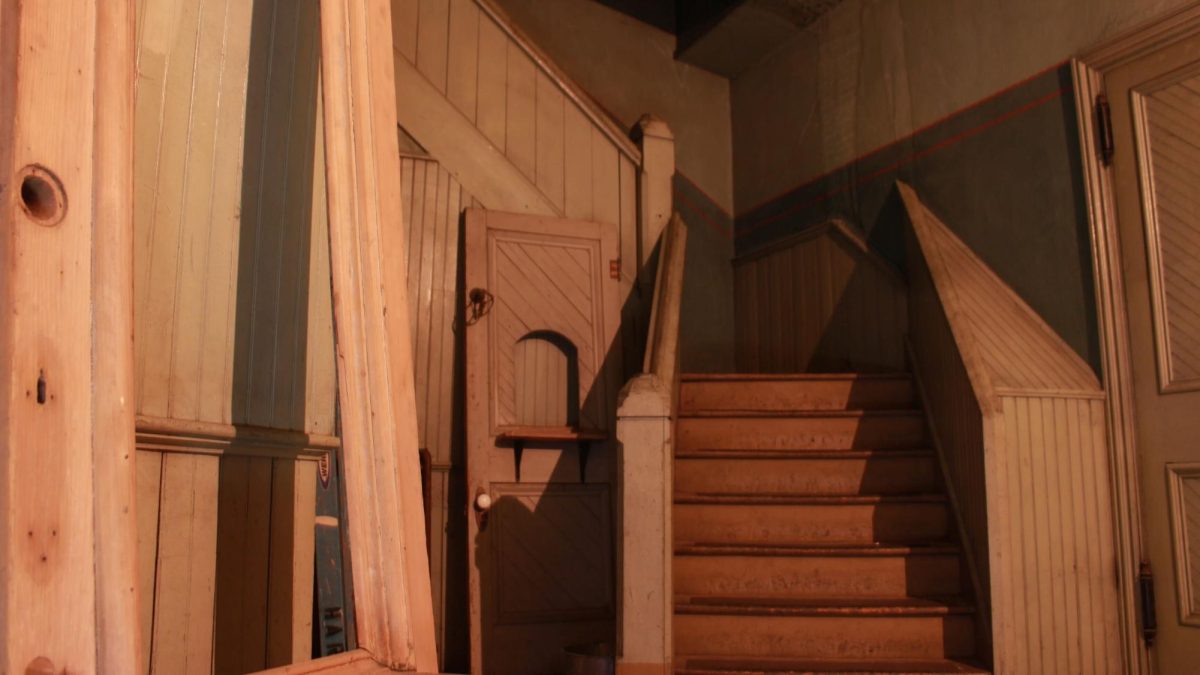The State – 01/25/23
January 24, 2023
Today’s weather forecast is predicting cloudy with snow with a high of 32 degrees and a low of 27 degrees.
Former AD: Swim and dive team was on chopping block in fall 2019
On Oct. 22, 2020, Michigan State University announced that its varsity swim and dive teams would be dissolved following that NCAA season. The release – which was jointly signed by then-President Samuel L. Stanley Jr. and then-athletic director Bill Beekman – attributed the decision to the athletics revenue crisis brought on by the COVID-19 pandemic.
But, according to Beekman, MSU was set to cut the team as early as fall of 2019, months before the first case of the virus was detected or MSU tickets were going unsold.
Beekman said facilities costs caused MSU to “focus on swimming and diving for potential elimination rather than other sports that may have been previously considered” and “to emphasize the point, the decision to narrow the sports under consideration was made in the fall of 2019.”
Beekman was asked to explain the facilities issue in the recently settled Title IX lawsuit against the university.
In his deposition, Beekman said the cost of repairing the outdoor 50-meter pool sometimes used by the team was the “straw that broke the camel’s back.”
A report by the Board of Trustees’ finance committee which found no “viable path” to reinstatement of swim and dive also cited facilities issues. The university was unable to provide documents or calculations supporting that conclusion.
Following the cut, a group of athletes, parents, and alumni have fought to reinstate the team through donations. They’ve raised significant funds in casual commitments from alumni and parents, but have been stonewalled by MSU’s board, administration and athletics department.
Matt Gianiodis, who coached at MSU for over 20 years, said he can’t be impartial about whether cutting swim and dive was the right choice.
MSU’s expungement fair attracts hundreds, helps individuals clear criminal records
MSU hosted its first expungement fair at the Breslin Center this past Sunday, which gave eligible individuals the opportunity to remove certain offenses from their permanent records. 100 individuals pre-registered for the event and at least 100 more walked in.
Event organizer and law student Alex Padla has been working since early October to bring this fair to the community. He said the event was “all about empowerment” – and giving individuals a second chance to pass background check.
This fair comes after Michigan passed the Clean Slate Act in 2020. The act opens up eligibility for people to wipe past criminal convictions off their record after they haven’t been involved in a crime for a certain period of time.
Ashley Bellant, who works with Safe & Just Michigan (SJM), worked the expungement fair. Most people assume that when somebody commits a crime, they’re convicted, they serve their time and then they rejoin society – but she said this is not the whole truth.
The fair saw a broad array of offenses to be removed from records, Bellant said. However, MSU College of Law’s Criminal Defense Association and the International Cannabis Bar Association teamed together for the event, so they were prepared to see individuals looking to get marijuana charges removed from their records.
Bellant said the expungement process will start as an automatic process in April. While there are no official plans to host another fair in the future, Padla said he hopes to continue planning events like this which help the community.
Woman Life Freedom event shows solidarity with Iranians through art
Over 100 members of the MSU community gathered to show solidarity with the people of Iran Friday at the Broad Art Museum. The event, called “Woman Life Freedom,” included music and performance art which expressed the sentiments of the Iranian people under the oppressive regime.
The event was organized by assistant professor of graphic design Parisa Ghaderi, who felt it was her duty to show solidarity with the people in her home country.
The art showcased at the event included traditional Iranian music played on Iranian instruments and orchestral instruments, as well as an interpretative dance. One of the musicians was associate professor of mechanical engineering Mohsen Zayernouri.
Many audience members enjoyed the selected music, including mechanical engineering PhD student Kian Kalan, an Iranian audience member. Kalan was moved by the image of fighting back against the oppressor.
This reaction is exactly what Ghaderi hoped the event would evoke. After the final performance, Ghaderi said her mission as an artist was accomplished, and she was also inspired to continue her work.
Based on original reporting by Amalia Medina, Hannah Woehrle and Alex Walters.































